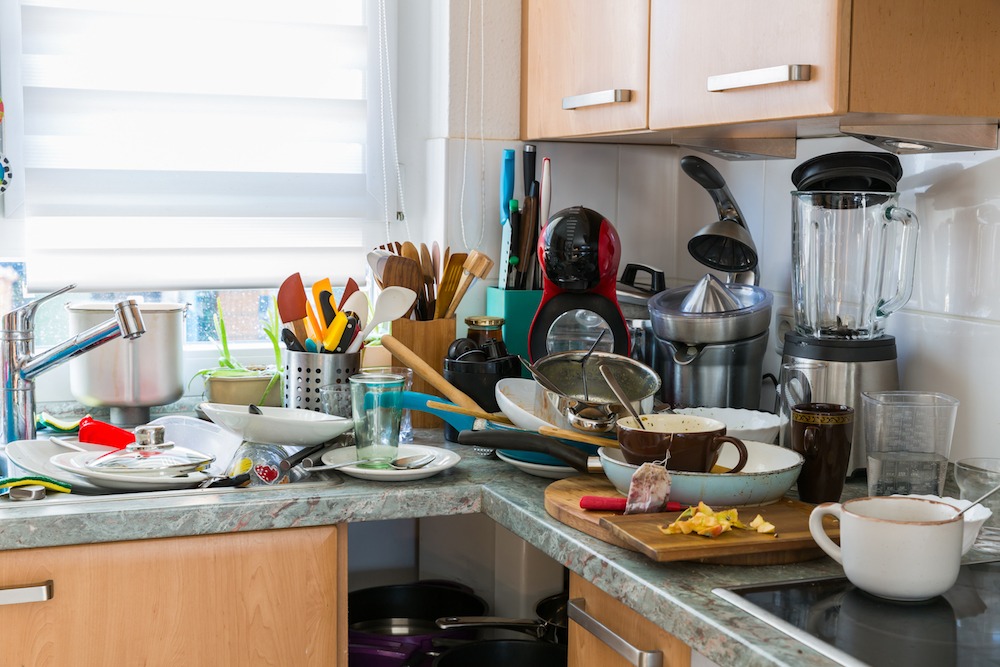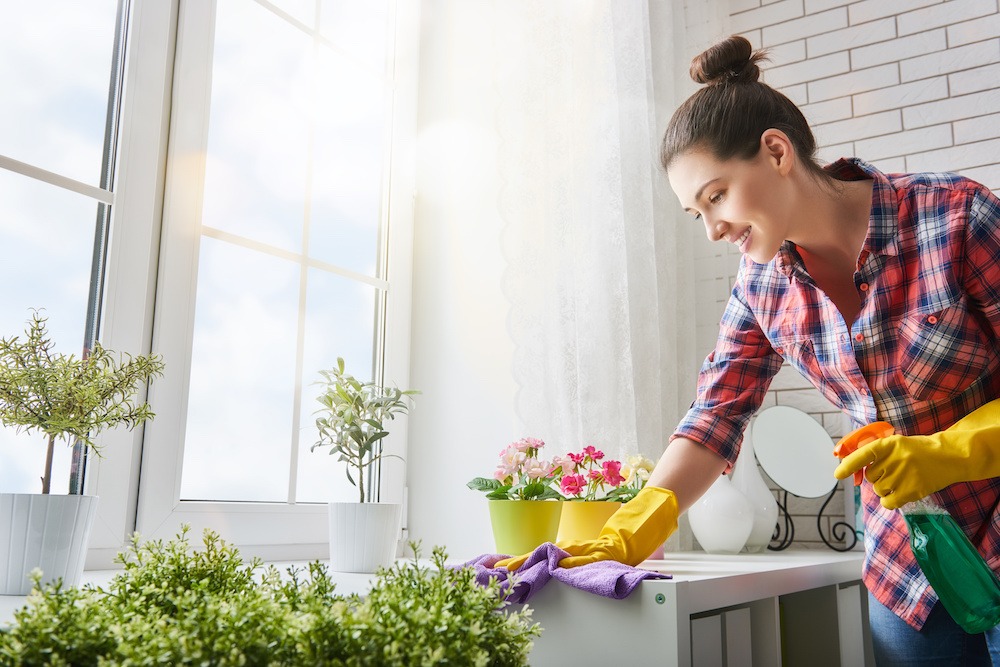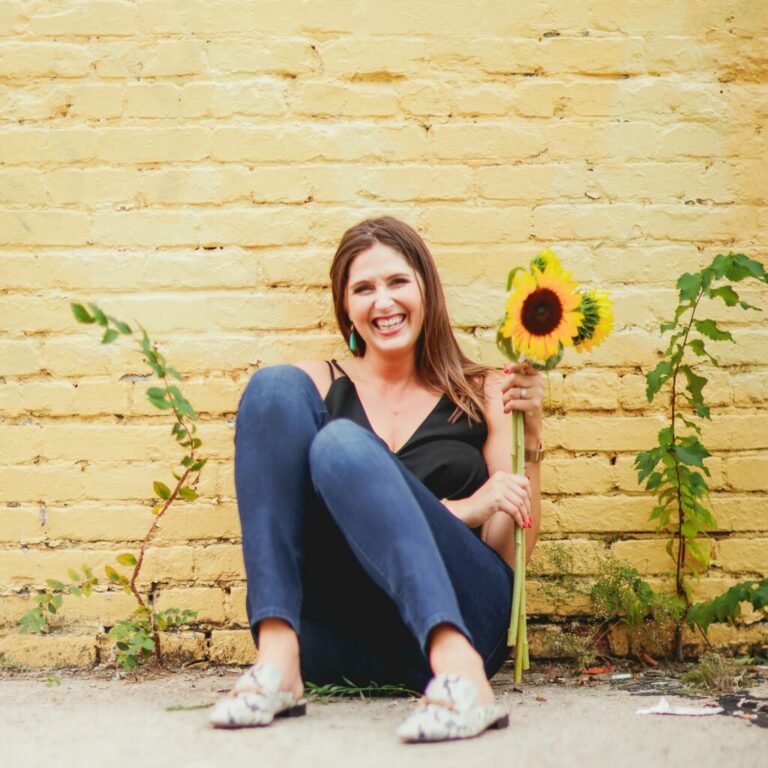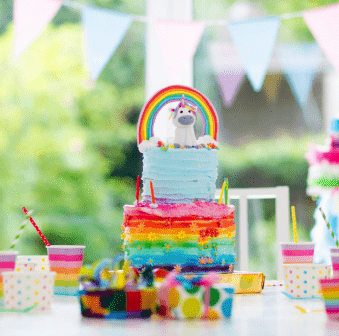How To Be The Most Organized Person You Know
Do you ever wish you could be a little (or a lot) more organized?
I think deep down, most of us have a picture of the person we’d like to be when it comes to being organized.
You know who I’m talking about, right? That woman who’s got it all figured out.
Her house is always clean. It’s also the perfect blend of stylish and comfortable. Her bills are paid on time. Her paperwork is always taken care of. She’s totally on top of her schedule and always completes her to-do list in time to spend her weekends working on “special projects.”
Her Christmas decorations are always neatly packed away by New Year’s Eve, and her carefully labeled pantry would make Martha Stewart herself green with envy. She’s got her meal plan figured out for the next three weeks, she remembers to send thank you notes, and her laundry is somehow always done.
And don’t even get me started on her holiday cards. Perfect, adorable, and on time. Every. Single. Year.
Sigh.
Don’t you kinda hate her, even as you wish you could be her?
Because despite your very best intentions, you rarely feel like you’ve got it all figured out.
You can’t seem to keep up with the housework. Getting dinner on the table is almost always a struggle. You’ve got stacks of mail and paperwork piling up on the counter, while your piles of laundry keep multiplying behind your back.
You keep missing deadlines and while nothing has been a complete catastrophe so far, you sometimes wake up panicked in the middle of the night that one of these days you’re going to forget about something really important, and you won’t be able to fix it.
Your mornings are complete chaos. Your to-do list is a scattered combination of sticky notes and mini tornadoes swirling around in your brain. You’ve got more than one closet you’re afraid to open, and you just keep thinking that at some point, it’s got to all come together and calm down, but today is not that day.

So what’s the solution? How do you reconcile those two versions of yourself—the organized person you wish you COULD be, versus the less-than-pulled together girl—the one who’s been wearing the same yoga pants for three days straight—currently staring back at you in the mirror?
Is there any hope? Is it really possible to actually be more organized, and not just wish you could be?
I say yes.
In fact, I actually believe you can become the most organized person you know, just by making a few small but important shifts in the way you approach your home life.
But there’s a catch. (You knew there had to be, right?)
You can’t do everything, at least not well.
You’re going to have to decide which tasks matter most to you, and which ones matter less, then give yourself permission to half-ass the less important stuff (or better yet, not do it at all!)
And guess what else? You’re going to have to make this decision FOR YOURSELF—no one can do this for you. No one else gets to determine YOUR priorities, as much as they might want to.
So let’s get practical and talk about how to actually make it happen. Here are the 4 steps to becoming the most organized person you know.
STEP 1: Assess
Set the timer for 20 minutes to do a brain dump of everything on your plate right now.
Be sure to include all your household responsibilities—both the things you’re currently doing and the things that you feel guilty about not doing. Include work responsibilities, kid-related tasks & responsibilities, spouse or partner related responsibilities, and then any big goals you’ve set for yourself or projects you wish you could be working on. Just get it all out.
Next, spend some additional time answering the following questions:
- What’s your biggest source of stress or anxiety right now?
- What are you most excited or happy about right now?
- If you could wave a magic wand and take one thing off your plate forever, what would it be, and why?
- What do you wish you could spend MORE time doing?
- Is there anything you know you could eliminate from your list, either by letting it go or by outsourcing it to someone else?
- Which part of your life feels most organized right now? Which part feels least organized?
It’s a good idea to write down your thoughts rather than just answering them in your head—there’s something about the process of actually journaling your reflections that will help you dig a little deeper and get clearer about the best place to focus your time and energy.
So that’s step one—assess your current reality.

STEP 2: Prioritize
Once you have taken some time to get real about what’s happening, you need to get brutally honest with yourself about what’s most important and establish your priorities.
For most people, this is much easier said than done. There’s so much that gets in the way of admitting what really matters most to YOU, whether it is a feeling of obligation to someone else, a feeling of guilt over things you think you should be most important to you (even if they’re not), a tendency to compare ourselves to other people, or an inability to focus on anything except whatever fire feels most urgent right now.
It’s important to start the prioritization process by being aware of all these things that can get in the way of being honest with yourself. Remember that your list of priorities is YOURS ALONE. You are not required to share it. You are not required to justify it. It’s just for you.
Thus, with that in mind, and with the results of your self-assessment fresh in your mind, your next step is to give everything on your list a number in order of importance to you, and remember that the only rule is that there can be NO ties. You must force your brain to actually prioritize and choose the most important things.
Once you’ve given everything a number, re-write your list in order of priority to you and take some time to really examine it. Does anything surprise you about this list? What things are at the top of your list? Which things are at the bottom? Is there any sort of common theme?
If you’re more of a visual person, you may also want to consider circling or highlighting different types of tasks in different categories to see if there are any common themes that jump out at you. Is housework all at the bottom or all at the top? Are there certain tasks that matter more than others? What categories rated lowest?
Having a better understanding of which tasks and categories matter most to YOU will make it so much easier to focus your time and energy on the things that will have the biggest impact on your feeling of being more organized and in control.
So prioritize your task list and figure out what matters most to you—that’s step 2.
STEP 3: Triage
Ever been to the emergency room? Triage is the process of sorting patients by the urgency of their needs. In the same way, triage for your to-do list is the process of addressing your truly critical and urgent needs first creating long term solutions for getting and staying organized.
It’s giving yourself a life preserver to stop the drowning before you attempt to build a boat.
For you, that will mean addressing the most important and urgent needs on your list first—making some real progress on some of your biggest stressors and pain points before trying to dive in and fix your whole life in one fell swoop.
Pareto’s Principle—also known as the law of 80/20—says that for every endeavor in life, 80% of our results will come from 20% of our actions.
I strongly recommend applying that principle to the list in front of you. First, divide the total number of items on your list by 5, which will tell you how many items are in your top 20%. For example, if you have 20 items, then 20/5 = 4, which means the first four items on your list are your top 20%.
Then write yourself a NEW list with JUST those top 20% items on it, still in order of priority. Put the other list aside in a safe place where you can return to it later. THIS is your to-do list for the next week.
And here’s the rub—this is your ONLY to-do list for the next week.
For the next 7 days, give yourself permission to focus on and complete ONLY the things you’ve determined to be your biggest priorities and most important tasks. Not only that, give yourself permission to let go of any guilt over the things you’ve left off the list. If that means eating McDonalds everyday, fine. If that means you don’t do the laundry all week, fine. If that means you blow off a few other commitments, fine.
Basically, give yourself permission, just for this week, to FOCUS.
Because here’s the thing—life has a way of pulling you in many directions all at once. You can easily get caught up in the mess, trying to focus on everything so you end up accomplishing nothing.
When you are completely focused on just the MOST important things, you’ll actually end up making SO much more progress than if you spin around in circles trying to give equal attention to ALL the things.
So give yourself 7 days of triage to tackle the top 20% of your list—that’s step 3.

STEP 4: Develop Home Systems
Once you’ve completed your triage, which will hopefully create a little more breathing room in your brain, it’s time to start thinking about longer-term solutions for getting (and staying) organized in your day-to-day life.
Putting simple systems in place in your household will help it run like a well-oiled machine, and it is important to have systems that work for your specific situation, so that they work for you not against you!
Ultimately you’ll want to create systems in four key areas of your home life—your habits and routine, keeping tidy, simplifying mealtime, and mastering money.
This includes developing systems that will help you:
- create and maintain better habits and routines
- create meal plans that work for you
- master keeping an organized and tidy house without spending hours on chores, and
- help you to feel in control of your money and develop a manageable budget.
Establishing simple, easy-to-implement, and easy-to-maintain systems in each of these areas will help you free up valuable time and energy for all those things you really want to do, rather than spending hours cooking and cleaning or paying the bills.
Of course, that begs the question, doesn’t it—what system should you work on implementing first?
To be honest—that totally depends on you and your own priorities, as well as your biggest sources of stress right now. Based on the questions you answered in Step 1, what are the parts of your life that would benefit most from having better systems in place?

PIN FOR LATER:







